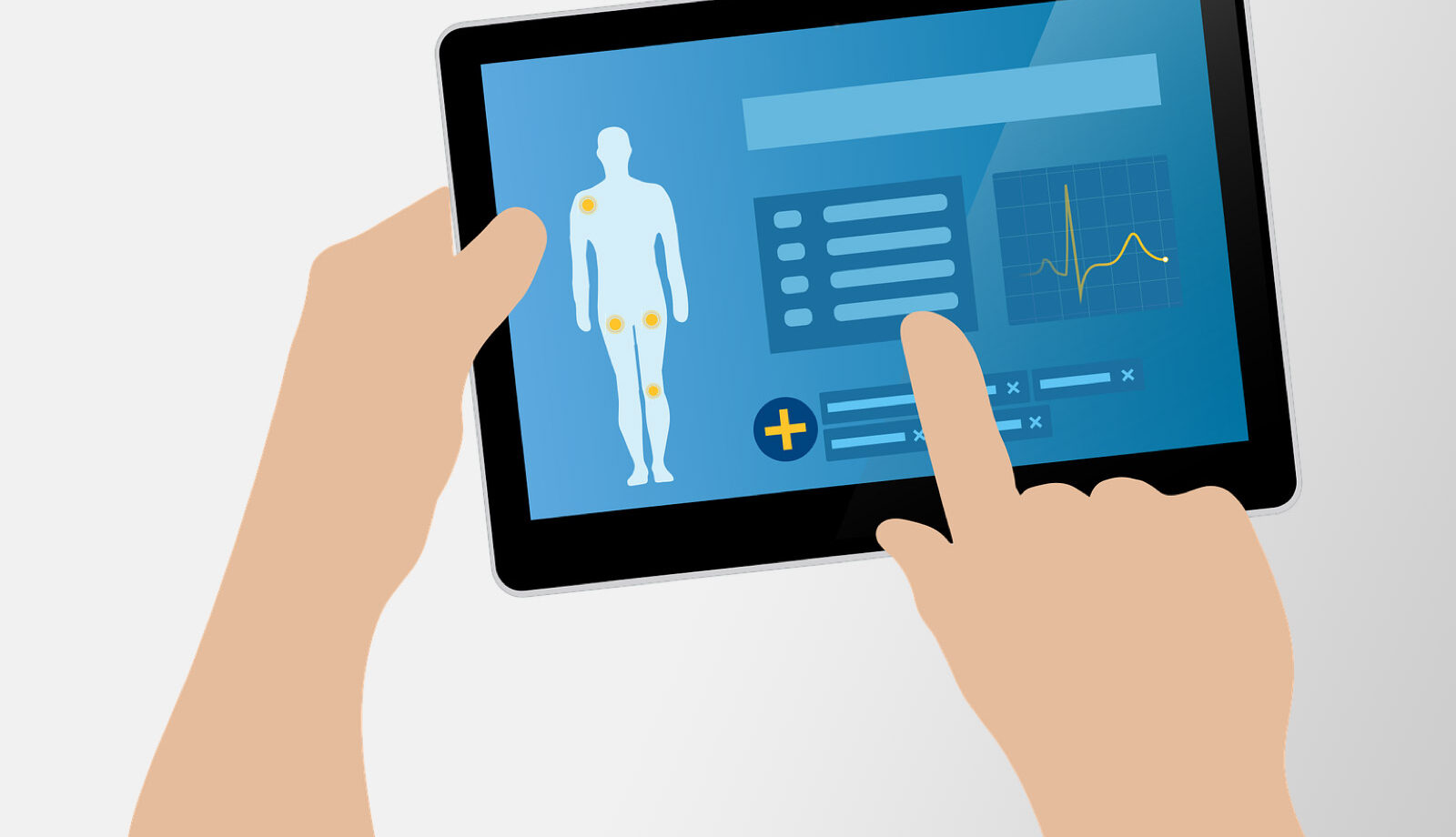Health data: are the French in favour of digital medicine?

Deployed in November 2018 by the Ministry of Health, the shared medical record, or DMP, is just one of the many devices resulting from the “Ma santé 2022″ reform announced by the French President of the Republic two months earlier.
Aimed at modernising the French healthcare system, this ambitious digital health programme, consisting of 60 projects, is in line with a trend that has been growing rapidly in recent years: the digitalisation of medicine and big data applied to the field of health.

The French National Authority for Health already counted 50,000 health applications in 2016, and the volume of medical data in the world today is constantly increasing, to the point of reaching 2.3 billion gigabytes by 2020 according to a study by the think tank “LIR imaginons la Santé” (Let’s imagine health), and probably to be multiplied by 50 by 2050. We are now talking about digital health.
A development that the French seem to approve of
According to an Odoxa study on digital health data, the French are fairly favourable to this new system.
- 72% believe that their health data can be useful for the development of medicine;
- 83% are also willing to share their data for this purpose, provided they are guaranteed anonymity and security.
Security: one of the main concerns
82% of French people would agree to share their health data under one of the following three conditions, in addition to anonymity
- to know for what purposes it will potentially be used;
- to know exactly to whom it will be transmitted;
- or be able to exercise their right to object at any time.
A favourable reception for the DMP
According to the Viavoice report, citizens are welcoming this new digital health system.
- 85% of citizens noted a certain interest in the tool;
- 70% spontaneously estimated that it would be useful to them.
Again, security remains one of the major factors, as it is one of the most important criteria for creating a digital health record for 54% of respondents.

While 36% of respondents believe that it would enable better management by all health professionals and better personal monitoring of patients thanks to the centralisation of medical information, the main reason why 53% of them would not create a DMP would be a feeling of insecurity linked to the centralisation of this digital health data.
Among the factors that might encourage them to use this tool, the fact of being able to close it at any time was selected in 21% of cases.
If the collection and processing of health data is therefore viewed favourably by the public, as are innovative digital devices within this sector, it is on condition that certain protection guarantees are respected, with security being a recurring concern:
- anonymisation;
- security of health data in particular;
- and the ability to object to their use at any time;
And these three points are precisely among the main requirements of the RGPD… A subject we will deal with in the next article of our dossier dedicated to health data!
If you would like to learn more about Fair&Smart and our personal data management solutions, click on the button below:
Follow us on social networks:
